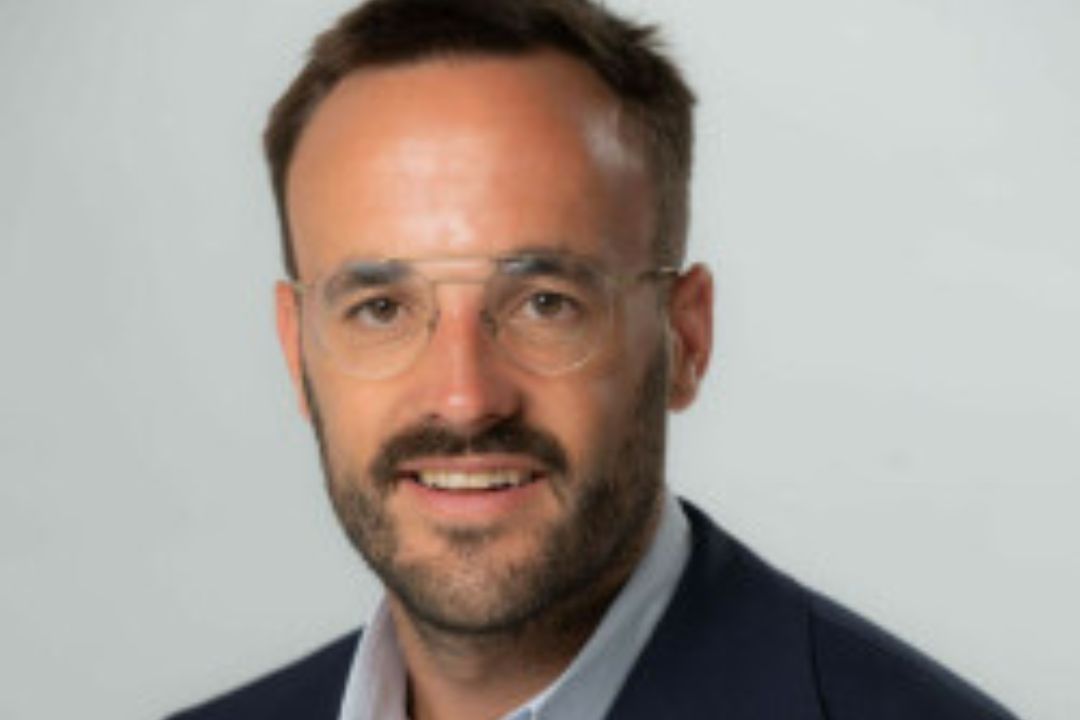22nd July 2020
There is no place for small ideas: EIT Health InnoStars-accelerated a Latvian start-up which works on a product to help humans reproduce and gets recognized in a tough European industry competition.
“Hi, daddy” – these words, at the end of the day, will be the ultimate proof that the innovative device has worked. Currently, there are, globally, about 100 million couples struggling with infertility, unable to have a child. Ferterex, a Latvian start-up company is working to provide help and hope. Starting from the male end of business. Ferterex has designed, a patented innovative device increasing male fertility and helping men become happy fathers.
The company has been successfully accelerated by EIT Health Regional Innovation Scheme Latvian Hub – Riga Stradinis University. The Ferterex is also alumni of Health Venture Lab powered by GE Healthcare, EIT Health Partner in Hungary and alumni of Build It accelerator from Riga Batch 8. Recently, it has been recognized with a special medtech prize by EIT Health InnoStars in the “100 Wolves Pitching Contest”, a competition held by Wolves Summit in Poland in June 2020.
Human race at stake
It is impossible to overstate the importance of Ferterex’ work. “Male sperm is one of the most critical components of the process of human fertility and reproduction of the human race,” says Maris Belte, Ferterex CEO, with only a brief smirk, maintaining an all-seriousness attitude. Mr Belte, a doctor, is himself a human pith for Ferterex innovative device. “I am currently 50. My son is now two years old and is as healthy and happy as a child his age can be. I am a walking proof that our device works!” said Mr Belte during the final round of Wolves Summit pitching contest.
After learning that a company is trying to address the future of the human race, one might think that this start-up is out of bold ideas and context for their work. Not so much! “Currently there are, globally, 100 million infertile couples struggling to have a baby. That’s 200 million people directly affected. Globally, one out every five men has low-quality sperm,” explains Maris Belte. “No doubts – red near infrared light therapy has huge potential in treatment of different conditions. Officially method is called PBMT (Photo Bio Modulation Therapy). It`s safe and effective for male reproductive health as well. With our device Ferterex we have proved sperm tests improvement and testosterone boosting. We even have our:”Ferterex baby” born to couple involved in our pilot study”, adds Maris Belte.
Other estimates concerning men infertility paint even bleaker picture. “There is less than 5 per cent of patients with normal (healthy) spermogram in our clinic. There is no specific compound to treat them. Ferterex (device) could be used with big success, especially if the inflammation process is on” commented Dr Valerija Magomedova Godunaova, Head of Board of Association of Reproductive Health Specialists and Embryologists of Latvia.
Successful EIT Health RIS acceleration on the way to market launch
Ferterex’ innovation remains, technically, close to CEO’s field of expertise, which is laser therapy. The device uses a monochromatic light wave to stimulate energy levels in sperm cells. The device is essentially an ergonomic-shaped object, for men to sit on and place their genitals in a light-emitting area. The device promises to increase sperm quality and testosterone levels, helping men overcome the decreases caused by various factors, ranging from external agents (such as food quality, lifestyle, environment pollution) to internal conditions. The optimal therapy using Ferterex device requires only two 10-minute sessions per week.
Ferterex recognition in what is a tough and well-known start-up competition where no half-baked ideas will hold is a testament to EIT Health Regional Innovation Scheme coordinated by EIT Health InnoStars. The additional €2000 of smart money for top-tier mentoring support will enable Ferterex to focus on their innovation and market launch.
“Central-Eastern and Southern Europe is mentioned many times as a potential gold mine of innovation, but of course a hidden source could be only transformed to value by proper care. In EIT Health Regional Innovation Scheme program, we are keen to explore and support talented, early-stage start-ups, and help them accelerate their journey. In Wolves Summit, we met many talented teams, and due to the potential social impact and additional value in healthcare, we decided to support the business development of Ferterex,” says Tamás Békási, EIT Health Regional Innovation Scheme Business Creation Project Manager.
The device’s shape and lights placement are already patented in Latvia and their patent application is pending in the EU. According to the company’s CEO, there are no direct competitors offering comparable solutions. Yet, from a financial standpoint, this is a sizeable market to be addressed, as infertile couples spend, on average, around €20 000 on therapies with the aim of conceiving a child.
Europe's top health start-ups take centre stage: EIT Health Catapult winners are revealed at HLTH Europe

2025 Catapult programme winners announced.
Finding Europe’s next healthtech leaders: Insights from Antoine D’Hollander

Insights from Antoine D’Hollander, Capricorn Partners.
EIT Health supports 17 promising deep tech start-ups bridge the ‘Valley of Death’

Providing start-ups with the right support.